Decentralised identity gives greater privacy and control for the individual and a simpler, secure way for organisations to check credentials. Here’s how.
There’s a major flaw with how we do digital identity.
Our identities are centralised, or stored and controlled by the authority that issued them.
Put simply, this means that they’re not under your control.
However, there is a solution to this problem that puts that control back into your hands.
That solution is the concept of Decentralised Identity.
And Microsoft have achieved this with Verified ID.
Read on to find out more.


Free Video
Implement simple trustworthy identity verification
Confidently streamline your secure identity verification and reduce admin.
Watch now and discover how Microsoft Entra Verified ID:
- Simplifies and safeguards employee onboarding
- Secures personal information exchanges
- Removes compliance processing headaches
The growing need for a new way to do digital identity
Our digital identity is now integrated into almost all aspects of our lives. Including work, home, apps, services, and devices.
It governs so much of what we do. We use digital identity to buy event or travel tickets, check into hotels, and even order meals.
But the fact remains that while these identities are us, they’re not owned by us.
Currently, other entities, like Facebook and Google, own the digital identities we create with them. Storing them in centralised servers outside of our control.
Sometimes, they’re even used without our awareness. Users regularly grant access to their data to apps and devices. This makes it difficult to keep track of who has access to what information.
These are not the only problems with our current centralised digital identity systems. There’s also certificate fraud, fake credentials, slow verification processes, and data breaches.
And in an online world with determined hackers using increasingly more sophisticated tools, your personal information not being in your control is a discomforting thought.
The highest ever volume of identity fraud cases was recorded in 2022 – over 277,000 cases.
The dawn of Decentralised Identity
Microsoft believe that personal identities shouldn’t work like this. Instead, they imagined a world where users could take personal ownership of their digital identity.
This idea led to what Microsoft called decentralised identity. Often shortened to just DID.
It’s a simple concept. Imagine you have a special key that can unlock different doors. This key is unique to you, and it helps you prove that you’re the person who should have access to those doors.
Decentralised identity works in a similar way but with digital credentials instead of physical keys. It helps you prove who you are when you’re using the internet or other digital services.
You have your own digital key, called a “decentralised identifier” or DID. This key is like a special code that only belongs to you.
That digital key is stored securely on your own device, like your mobile phone. It’s not controlled by a single company or stored in one place, so it’s harder for someone to steal or misuse your identity.
Identity credentials can be created by an individual through an agent of some kind, either on a device or through a browser-based application. Once created, that identity is validated by external entities.
As each DID gains more validation, it can be accepted by more services.
The information provided to the user is encrypted using Decentralised Public Key Infrastructure (DPKI).
This allows the user to update specific attributes or modify the access available to the services being used.
Individuals are enabled to take control of their digital identities, by:
- Bringing together a view of an individual’s evidence and corroboration.
- Allowing control over relevant details they want to share (or keep private).
- Showing a record of all the entities that have had access to the identity.
- Showing a record of all the accesses that have been made to the identity.
Identity fraud cases have now reached an unprecedented level, accounting for 68% of cases in 2022.
The key benefits of Decentralised Identity
Decentralised identity solutions benefit organisations in the following ways:
- Instant verification, which eliminates the need for manual processes and saves time and resources.
- Prevents certificate fraud through secure credential verification.
- Enhances your data security with encryption, using decentralised public key infrastructure (DPKI).
- Reduces the risk of cyber attacks, as minimal data is stored by organisations.
- There’s a wide range of applications, e.g., expediting hiring processes and ensuring credential validity.
- Compliance with data regulations, which helps to avoid costly penalties and breaches.
And for individuals, decentralised identity enables people and users to:
- Be fully in control of their own digital identity and data.
- Use their identity at will. No entity can take away their decentralised identity once they are stored on their mobile digital identity wallets.
- Easily prove their identity claims, without depending on a third party.
- Prevent their device and data being tracked as they browse websites.
- Be in control of who they share their relevant information with.
- Revoke access to their identity data whenever they want.
- Prevent their data being shared by third parties without their knowledge.
Welcome to Microsoft Verified ID
Microsoft Verified ID has turned this idea into a reality.
Part of the Microsoft Entra family of technology, Verified ID is a decentralised identity credential system that replaces traditional manual verification processes with a simple, secure and time-saving automated solution.
It allows for the creation of a secure digital identity that can be easily and securely verified anywhere, and at any time.
The system gives users complete control over who can view and share their verifiable credentials. It also provides a record of where and to whom they have presented them.
Crucially, if you no longer want an organisation to have access to your credentials, you can revoke permission to view them at any time you want.
Microsoft’s motto for this system is “Verify once, use anywhere.”
For more insights and a deeper dive into this innovative identity solution, you can read more about Verified ID right here.
Conclusion
In a world where our personal information is often owned and controlled by external entities, decentralised identity offers a refreshing alternative.
It also marks a significant shift in the way we manage our digital presence.
People want to own their identity, and have it in a form that can be used across many different services. And want it available on whichever device the identity owner wants to use.
Microsoft’s Verified ID exemplifies this transformative approach, empowering individuals to regain control over their digital identities.
This system not only provides users with complete control over who can access and share their credentials but also enables them to track and manage their credential history.
Key takeaways
Current digital identities are centralised, stored, and controlled by external entities like social media platforms, resulting in privacy and security concerns.
Decentralised identity puts control of your digital identity back in your hands, allowing you to own and manage your personal information.
Microsoft’s Decentralised Identity (DID) allows users to have their own unique digital key stored securely on their own device, reducing the risk of identity theft.
With Verified ID, users can create a secure digital identity that can be easily verified anywhere, giving them complete control over who can view and share their credentials.
Verified ID lets you track and manage credential history, and users can revoke access to their credentials at any time. Providing a higher level of control over their digital presence.


Free Video
Implement simple trustworthy identity verification
Confidently streamline your secure identity verification and reduce admin.
Watch now and discover how Microsoft Entra Verified ID:
- Simplifies and safeguards employee onboarding
- Secures personal information exchanges
- Removes compliance processing headaches

Great emails start here
Sign up for free resources and exclusive invites
Subscribe to the Kocho mailing list if you want:
- Demos of the latest Microsoft tech
- Invites to exclusive events and webinars
- Resources that make your job easier
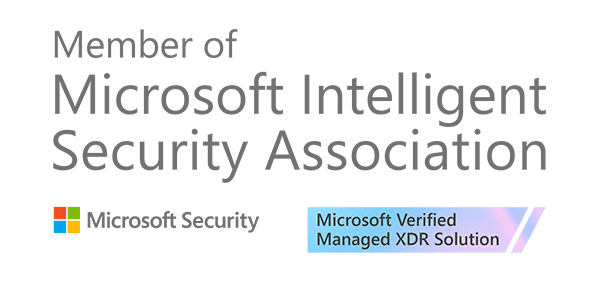
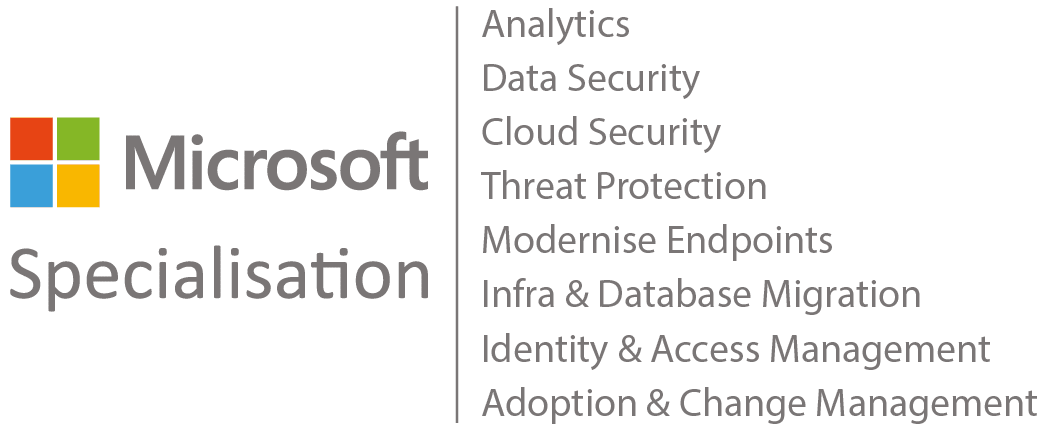
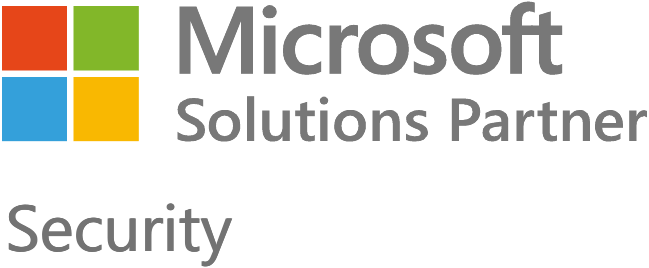
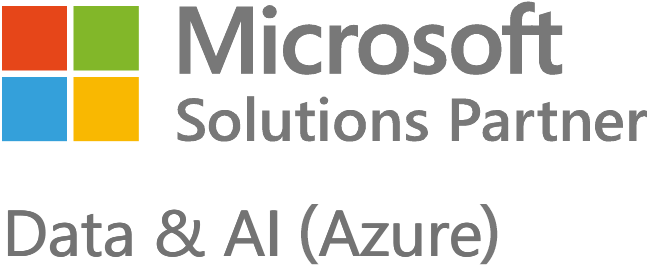
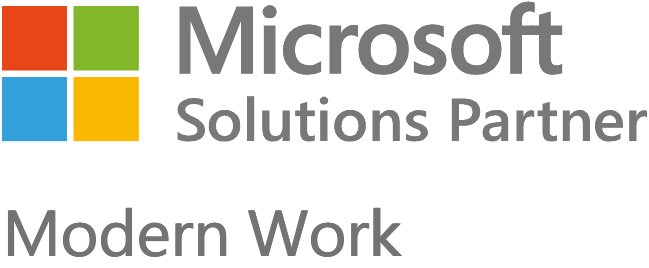
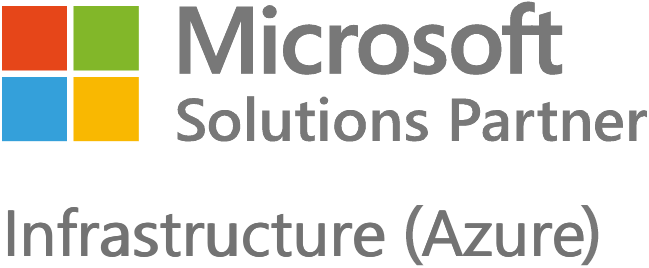
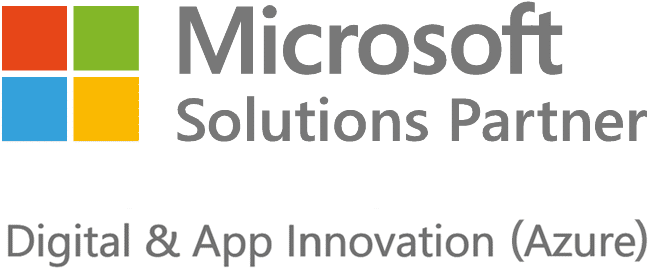
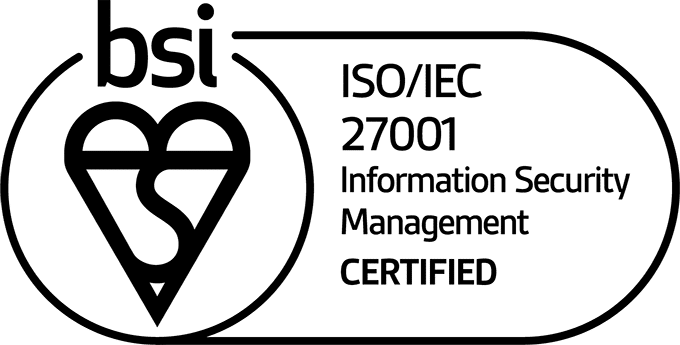


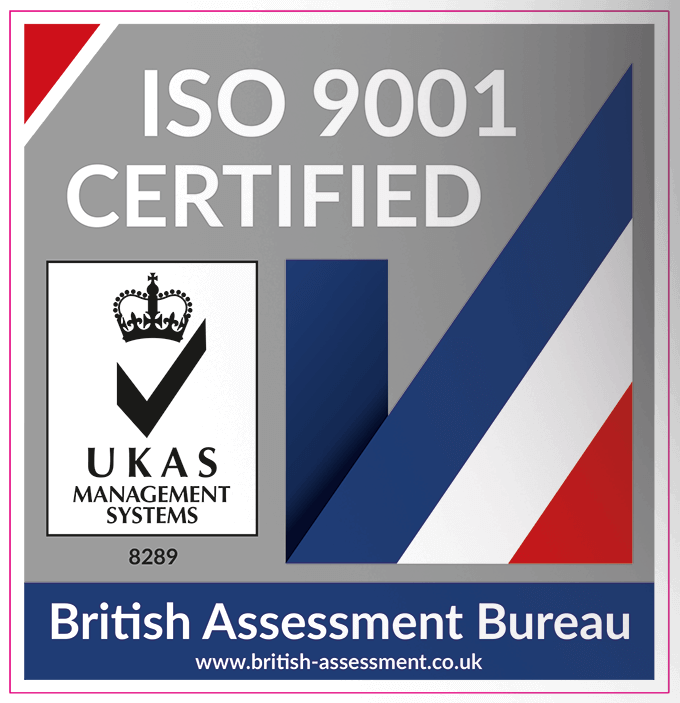
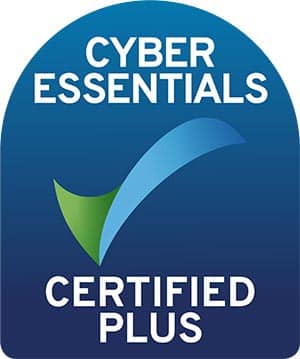












Got a question? Need more information?
Our expert team is here to help.







